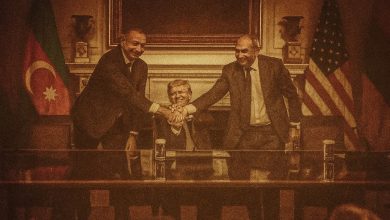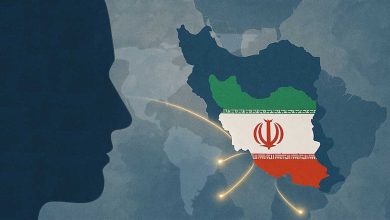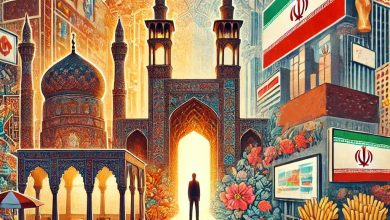Iran–U.S. Nuclear Negotiations: Do’s and Don’ts

The trajectory of nuclear negotiations between the Islamic Republic of Iran and the United States in recent years has consistently been overshadowed by Washington’s unreliable and unstable behavior. A close analysis of the Joint Comprehensive Plan of Action (JCPOA) and the unilateral withdrawal by the Trump administration in 2018 clearly revealed that the U.S. adheres to its commitments only as long as they align with its short-term political and economic interests. This conduct not only undermined the U.S.’s diplomatic credibility and legitimacy on the international stage but also offered Iran a tangible and instructive experience: trusting Western powers’ promises without obtaining concrete, verifiable, and binding guarantees is a high-risk and damaging approach.
Within this context, any unilateral concessions by Iran during the negotiations would constitute a strategic and irreparable error. Fundamental principles such as active deterrence, preservation of national power components, and regional strategic balance dictate that Iran must strongly resist any weakening of its power instruments—particularly in strategic domains like its indigenous missile program and regional influence. These capabilities go beyond symbolic importance and, in practice, serve as the core pillars of national security, territorial integrity, and defense against growing external threats.
From a historical perspective, the United States and some of its regional allies—especially in West Asia—have persistently sought to undermine Iran’s power structures. Steering the negotiations beyond the nuclear dossier to include issues like Iran’s missile program or regional presence is essentially a tactic aimed at advancing the “gradual disarmament” project against Iran. This trajectory poses serious threats to Iran’s national security and deterrence strategies, particularly in a regional environment where neighboring countries are being bolstered through multi-billion dollar arms deals and the political-military support of extra-regional powers.
Reducing or limiting Iran’s missile capabilities would mean relinquishing one of the country’s most vital defensive and strategic tools in the face of multifaceted foreign threats. Similarly, retreating from Iran’s regional role would disrupt the balance of power to its disadvantage and heighten surrounding threats. Therefore, the preservation and strengthening of both hard and soft power elements are strategic imperatives for Iran.
Accordingly, Iran’s grand strategy in the negotiations must be grounded on three core principles:
-
Emphasizing the U.S.’s failure to honor the JCPOA;
-
Firmly resisting the expansion of negotiations into non-nuclear domains;
-
Preserving and enhancing national power leverage.
Iran must make any new agreement conditional on receiving credible legal, political, and economic guarantees, including the real and irreversible lifting of sanctions, verifiable by Iran. Moreover, agreeing to negotiations over Iran’s missile program or regional policies would, in effect, mean abandoning its deterrence capabilities and ceding strategic initiative to adversaries. Instead, Iran must uphold its indigenous capabilities in defense, science, and the economy, while strengthening its regional standing to maintain effective deterrence against future threats.
Ultimately, in today’s volatile and complex geopolitical landscape, reliance on internal capacities, independence in decision-making, and the enhancement of indigenous elements of both hard and soft power constitute the only logical and solid path for safeguarding Iran’s national security. Blind trust in Western promises—particularly those of the United States—without robust safeguards will not only yield no meaningful gains for Iran but may also seriously jeopardize its core interests and security.






